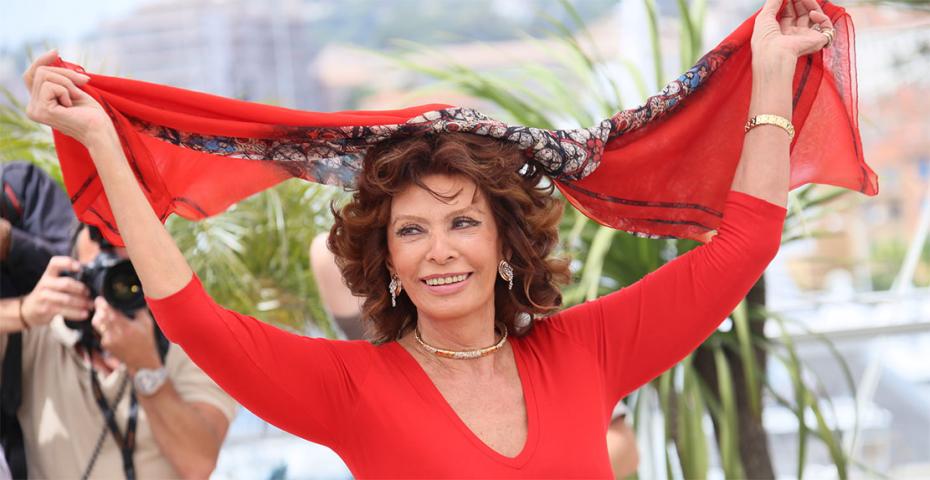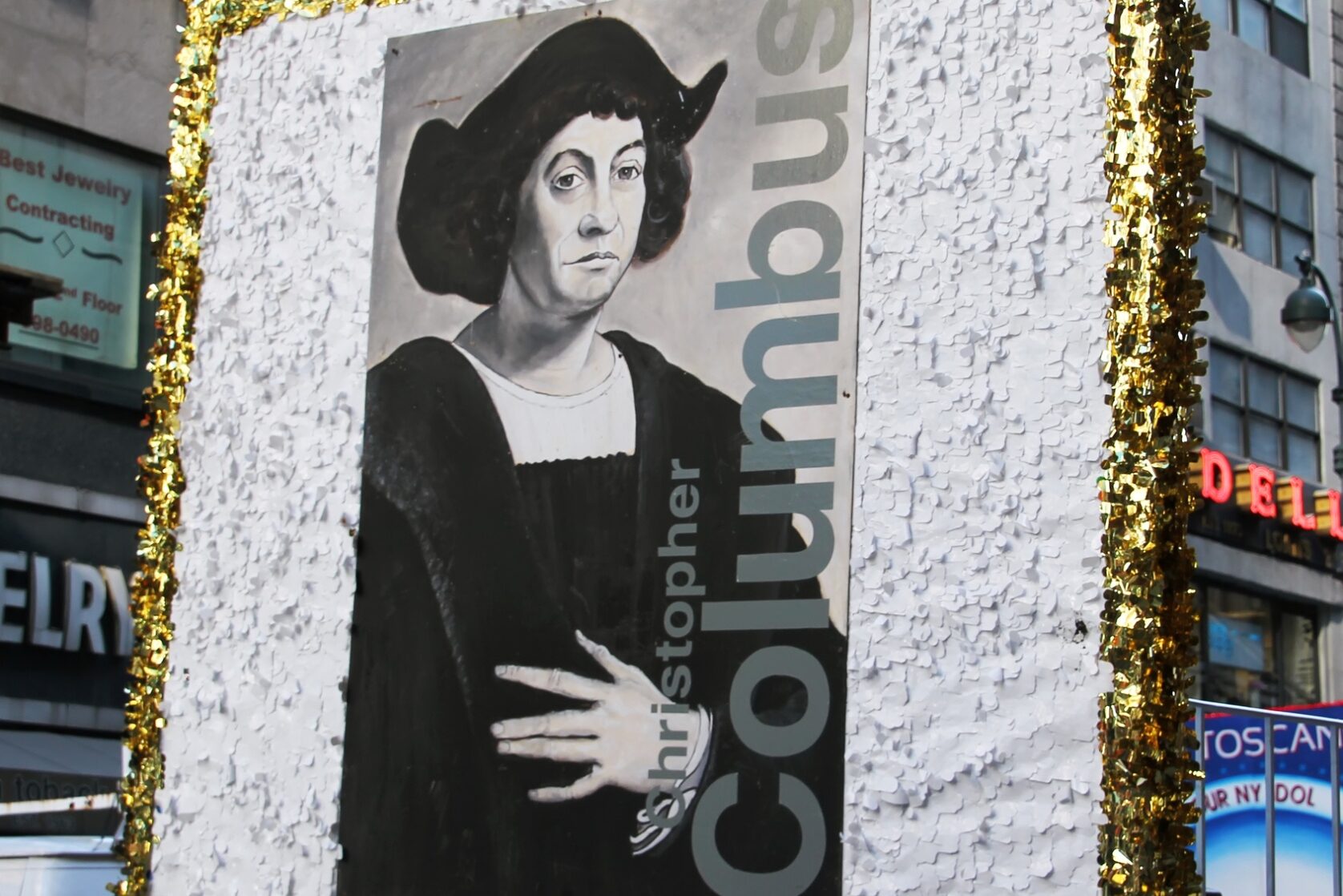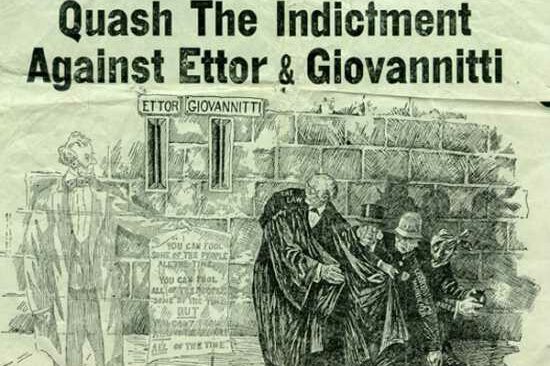Dear Readers,
January jottings from my “A” file with an Italian connection:
Avanti Awards, the Dinner and Artist Showcase and yearly fundraising event of the Joseph and Frances Brucia Foundation will take place on January 24, 2014, at 5:30pm at the Mill Valley Community Center Cascade Room, located at 180 Camino Alto St. in Mill Valley, Calif. 94941, tel. (415) 456-8611. This night of celebration and seventh annual Artist showcase will feature performances by previous Avanti Awardees, who with the financial support of their Awards, were able to pursue dreams and artistic goals in dance, violin and piano performance.
The goals of The Joseph and Frances Brucia Foundation continue to move “Avanti” thanks to the efforts of their children who wish to honor the works begun by their late parents Joseph and Frances Brucia. The Brucia family has a long history of supporting the arts for back in 1922, it was Giuseppe Brucia Sr., along with a dozen Italian opera lovers, mostly Sicilian-American crab-fishermen living in early San Francisco, who financed the first Grand Opera in San Francisco, as per dreams spun by a piano teacher from Napoli, Gaetano Merola.
***
Actress Sofia Loren, became a widow, on January 9, 2007. when her husband Carlo Ponti, one of Italy’s best film producers, died at a hospital in Geneva, Switzerland, of pulmonary complications at age 94.
Ponti produced more than 150 films, including “La Strada” in 1954, “Dr. Zhivago” in 1965, and “Blowup” in 1966. In the end, however, he was best known as the husband of Sofia Loren, whom he first met in 1950, when she was a 15-year-old beauty contestant from Naples.
At the time he was married to Giuliana Fiastri, a marriage that eventually ended in 1957, but not without creating a furor. Italy had no divorce laws at that time, and the Vatican refused to grant him an annulment. When Ponti married Loren in Mexico in 1957, the Italian authorities charged him with bigamy. In 1960, the couple returned to Italy but were summoned to court and denied being married. In 1965, Ponti, Fiastri, and Loren all became French citizens in Paris where officials settled the marital issues and untangled the legal and financial issues. Ponti then legally married Loren in 1966 and in 1968, he was acquitted of the bigamy charges. The couple eventually had two sons, Symphony conductor Carlo Jr. and Film director Edoardo.
Carlo Ponti was born in Magenta, Italy, and studied law at the University of Milan. After graduation, he briefly practiced law. It may have been his love for money and women that attracted him to the film business. He set up a company in Milan and joined forces with Lux Film. In 1940, as World War II was raging across Europe, the company produced “Piccolo Mondo Antico” (Small Old-Fashioned World), adapted from Antonio Fogazzaro’s late 19th century romantic novel. The movie, directed by Mario Soldati with Alida Valli in the lead role, became a great success, and Ponti moved south to Rome to produce for Lux. He was soon joined by Dino De Laurentis and together they made a number of successful postwar films, including Giuseppe De Santis’ “Bitter Rice” (Riso Amaro), an earthy drama of human passions among women rice workers in the Po Valley.
In 1950 De Laurentis and Ponti left Lux and formed their own company. They produced, among other notable films, Rossellini’s “Europa ‘51”, a drama with Ingrid Bergman, and Fellini’s “La Strada”, starring Anthony Quinn and Giulietta Masina. The two producers parted ways in 1955, when Ponti’s main concern became boosting the career of Loren. Ponti produced most of the films that Loren made for Hollywood between 1956 and the early sixties.
In 1960, for her performance in “Two Women”, Sofia won a Best Actress Oscar, the first given to a non-American actress in a foreign language film. Loren played a young widow in 1943 Italy who flees the allied bombing in Rome to return to her native village. Later Ponti teamed up with Vittorio De Sica and they produced two popular movies, “Marriage Italian Style” (1964) and “Yesterday, Today and Tomorrow” (1965).
Under an agreement with MGM, Ponti produced three movies in English by Michelangelo Antonioni: “Blow Up” (1966), “The Passenger” (1975), and “Zabriskie’s Point” (1970).
In 1977, the popular Italian movie, “Una Giornata Particolare” starring Loren and Marcello Mastroianni won the Golden Globe award for best foreign film.
In later years the Pontis jetted between their homes in California, Geneva, and Paris.
***































